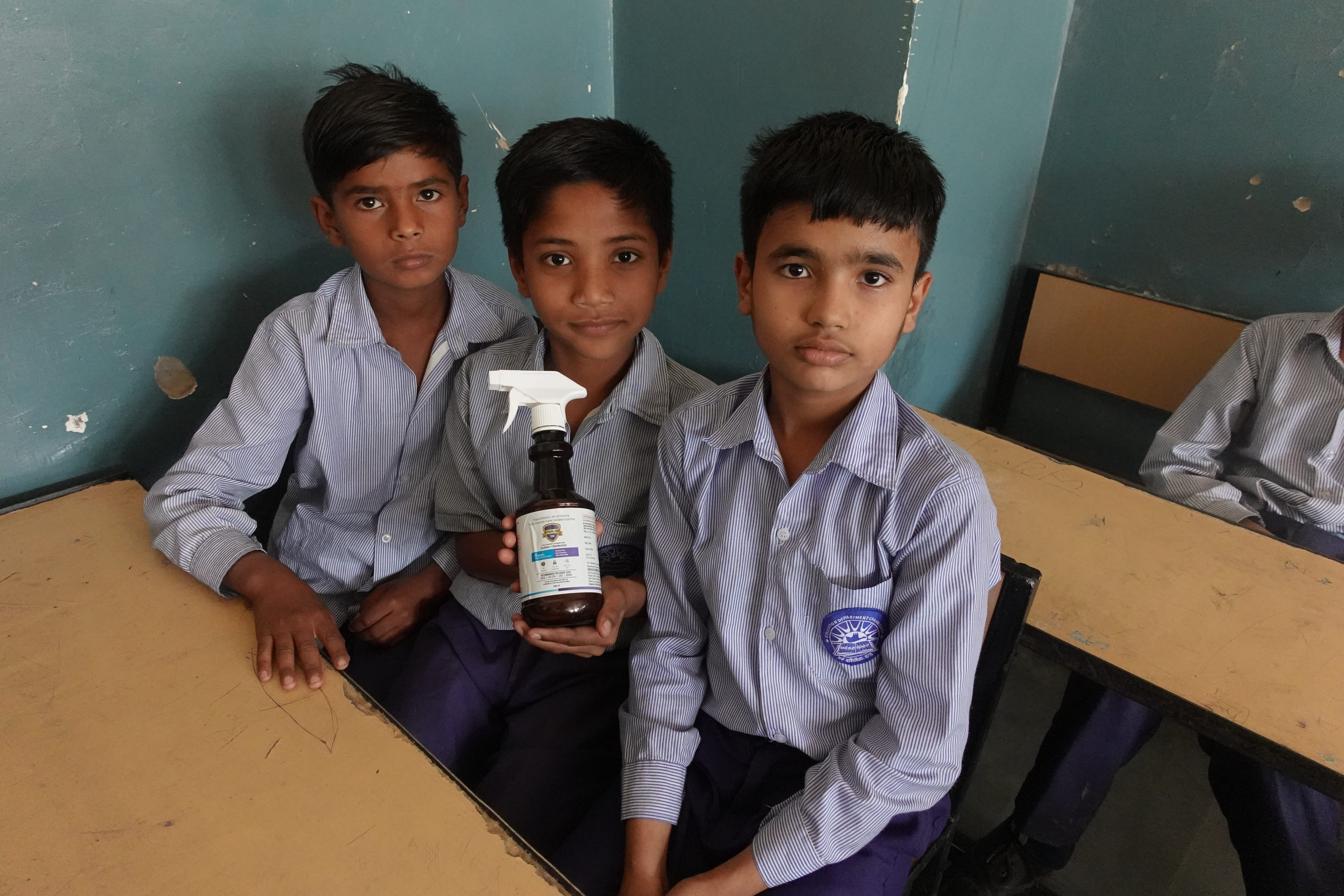From Classrooms to Playgrounds: The Essential Role of Hygiene in Schools
On hearing the word school, we automatically go deep down into our own school life memories. Those rusty classrooms, innocent laughs, and little self-invented games that were common to the entire generation, the small canteen with limited options, that one geeky snitch, and all those other moments you were able to recall while reading these take us back to a simpler time when our biggest worry was finishing our homework on time or getting caught passing notes in class. But amidst all the nostalgia, one thing that stands out is the emphasis our schools placed on hygiene.
From the daily assembly where teachers ensured our uniforms, nails, and shoes were tidy to the regular health check-ups and hygiene inspections, schools played a significant role in instilling good hygiene habits in us. Even the image of the school sweeper diligently cleaning the corridors or the strict instructions we heard during break time every day to wash our hands before and after meals are some school life moments that are imprinted in our minds forever.
The importance of hygiene in school is not limited to its obvious health benefits. Maintaining good hygiene in schools also has a positive impact on students’ academic performance. Naturally, learning something in a cluttered, dirty, and unhygienic environment is not something any of us can even imagine. Research indicates that students are more attentive and focused in a tidy, hygienic environment, leading to better academic results.
In addition to its immediate benefits, good hygiene habits learned in school often carry over into adulthood, ensuring a healthier future for us as well as the entire society. It is, therefore, essential for schools to continue emphasizing the importance of hygiene and providing students with the necessary tools and knowledge to maintain good hygiene practices.
There are various key areas in a school where hygiene must be maintained:
- In classrooms, regular cleaning of surfaces and providing hand sanitizers can reduce the spread of germs.
- Restrooms require frequent cleaning of high-touch areas and ensuring a steady supply of hygiene products.
- Cafeterias need regular cleaning, and food handlers should follow strict hygiene protocols.
- Playgrounds should be inspected and cleaned regularly, with an emphasis on promoting handwashing after playtime.
Implementing Effective Hygiene Practices
- Schools should incorporate hygiene education into the curriculum and use workshops and posters to raise awareness.
- They should regularly stock essential hygiene supplies like soap and sanitizers.
- Establishing and maintaining a consistent cleaning schedule with trained staff is crucial.
- Engaging the entire school community in maintaining hygiene standards is important.
- Encouraging student participation in hygiene initiatives can foster a sense of responsibility and ownership.
With our IndiaSterlocked mission, we intend to support various schools in their efforts to promote hygiene. This initiative goes beyond just providing them with Sterloc; it aims to educate and raise awareness about the urgent need for and importance of hygiene in schools. By partnering with local NGOs, community leaders, and health authorities, IndiaSterlocked seeks to implement effective hygiene practices in schools. Through workshops, posters, and educational campaigns, IndiaSterlocked aims to empower schools and communities to maintain clean and hygienic environments.
Thus, schools are not just places of learning; they are also places where lifelong habits are formed. From classrooms to playgrounds, maintaining hygiene in schools is a multi-faceted effort that requires commitment and collaboration. By emphasizing the importance of hygiene, schools can help create a generation of healthy and hygienic individuals who will contribute positively to society. IndiaSterlocked is proud to be a part of this journey towards a healthier future.
